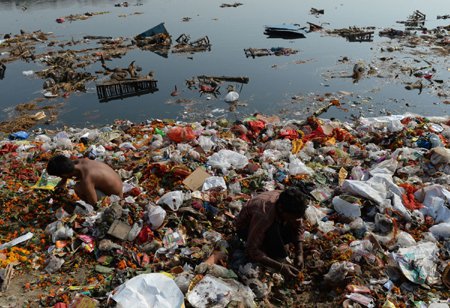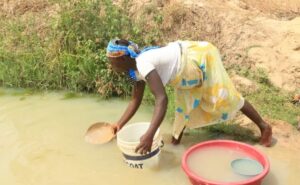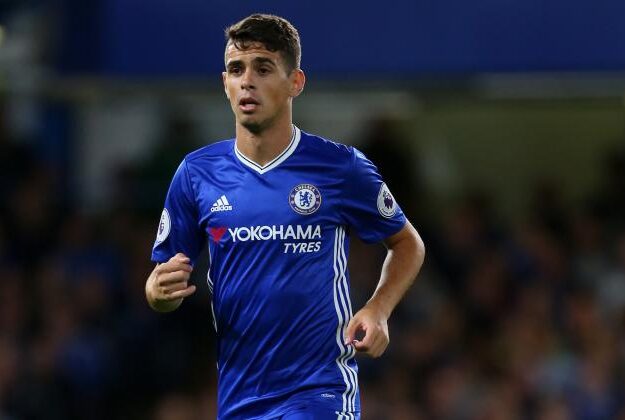
Malaria is a disease that is transmitted by mosquitoes. Without mosquitoes, humans would not have malaria except if another biting insect takes over the vector role of mosquitoes.
Mosquitoes have an interesting life cycle which involves laying their eggs on water and the early stages of mosquito life, the larva and pupa, are aquatic.
The eggs hatch and become larvae in the water within 2 days. In about a week or two, the larvae become pupae, form which adult flies emerge in about four days. Therefore any small collection of water lying around for a few weeks may be good breeding ground for mosquitoes.
Some natural environments are good habitats for mosquitoes. If you live near a pond, lake, swamp, or marsh, you can be sure that you need to keep your home sealed from mosquitoes. Some kinds of trees have tree holes in their trunk that can hold a small pool of water for long and produce a constant supply to mosquitoes especially during the rainy season. On the other hand, the eucalyptus tree has an aroma that repels mosquitoes and other insects.
In farmlands, stagnated irrigation water may breed mosquitoes.
Within the city, there are many conducive mosquito habitats. Some of these mosquito habitats are within infrastructures that humans build such as in potholes in the sides of roads where cars do not pass, or in holes and gaps on foot paths, or in street gutters. Around human habitats, mosquitoes may breed in stagnant water in roof gutters, in open water tanks, and in waste products of human activities such as old tires, tin cans, plastic containers, etc. Plastic pollution is particularly interesting to watch as this may stagnate water for long in waste dumps and clogged drainage systems.
To control the breeding of mosquitoes around your habitat, you need to get rid of conducive mosquito habitats. Keep your environment neat and tidy. This includes not having water-holding litter or trash; filling gaps and cracks that can hold water in cement works, on fences, or on the ground, etc; and keeping old tires sheltered from rain water. Trash bins should be covered to avoid rain water from entering and settling at the bottom. Open containers left exposed to rain should be perforated at the bottom so that they do not hold water.
If you have a swimming pool, keep it chlorinated. This limits the growth of microbial life that mosquito larva need to live on. If you have an ornamental pond, use a pump to stir the water frequently. If you have an unused fountain or any other body of water, you can make the water uncomfortable or toxic for mosquito larvae and pupae. You may try any of the known means: a few drops of dish soap or shampoo per gallon of stagnant water; one tablespoon bleach per gallon of stagnant water; up to 15% vinegar for a small body of water, etc.
If you must live around a large body of stagnant fresh water, you may need to create your own environmental balance or ecosystem. You need to have predators that feed on mosquitoes, their eggs, larvae, or pupae. Such include pond fish, insects and birds that eat mosquitoes. The mosquito fish or gambezi (Gambusia affinis) eats mosquito larvae but may be harmed by sprays and chemicals therefore the two solutions are not compatible. If you breed fish that feed on mosquitoes, avoid spraying and adding chemicals to the water. Many larvae eating fish feed at the water surface, however catfish that is a bottom feeding fish may also eat the larvae. Ducks and geese may filter the water for larvae and pupae and can help control mosquito populations. They also eat mosquito fish, therefore both solutions are not compatible. If you breed fish, you may have to leave out ducks and geese. Some frogs eat mosquito larvae. Amongst insects, dragon flies are well known to eat mosquitoes and are nicknamed mosquito hawks. Many birds will also feed on mosquitoes around ponds, therefore make the environment peaceful and inviting for them.
Selected bacteria can be used to kill mosquito larvae. Some manufactured products containing Bacillus thuringiensis israelensis are available for selectively killing mosquito larvae and not other water life such as fish and frogs.
Spraying the water with insecticides such as cypermethrin kills not only mosquitoes, but also other insects which may affect the availability of food for frogs and other animals. Garlic juice is also known to repel mosquitoes and may be sprayed in an enclosed environment.
Climate change can affect the life cycle of mosquitoes and the transmission of malaria and such changes need constant study. However, it is known that some mosquito species are adaptable; the eggs, larvae, or pupae may lay dormant through unfavorable conditions and rejuvenate when conditions are conducive for them.
Overall, making the environment non conducive for mosquito breeding is very important for limiting the transmission of malaria parasites.
Dr. Theresa Adebola John is a lecturer at Lagos State University College of Medicine (LASUCOM) and an affiliated researcher at the College of Medicine, University of Tennessee, Memphis. For any comments or questions on this column, please email [email protected] or call 08160944635
You may be interested

2024 CHANQ: History Not Kind To Us Against Ghana –Ogunmodede
Webby - December 24, 2024Home-based Super Eagles coach Daniel Ogunmodede says history has not been good to Nigeria when they face rivals Ghana.The home-based…

Ex-Chelsea Star Oscar Returns To Boyhood Club Sao Paulo
Webby - December 24, 2024Former Chelsea midfielder Oscar is returning to his Brazilian boyhood club Sao Paulo after 14 years, which included a long…

‘I’m Incredibly Proud’– Arokodare Talks Up Genk’s Unbeaten Home Streak
Webby - December 23, 2024Tolu Arokodare is full of excitement followingGenk’s historic victory over Anderlecht, reports Completesports.com.Sunday’s win at the Cegeka Arena was the…






















![American Pastor, David Wilson Seen Eating The Box Of Woman Who Isn’t His Wife [Video]](https://onlinenigeria.com/wp-content/uploads/2019/10/american-pastor-david-wilson-seen-eating-the-box-of-woman-who-isnt-his-wife-video-150x150.jpg)









